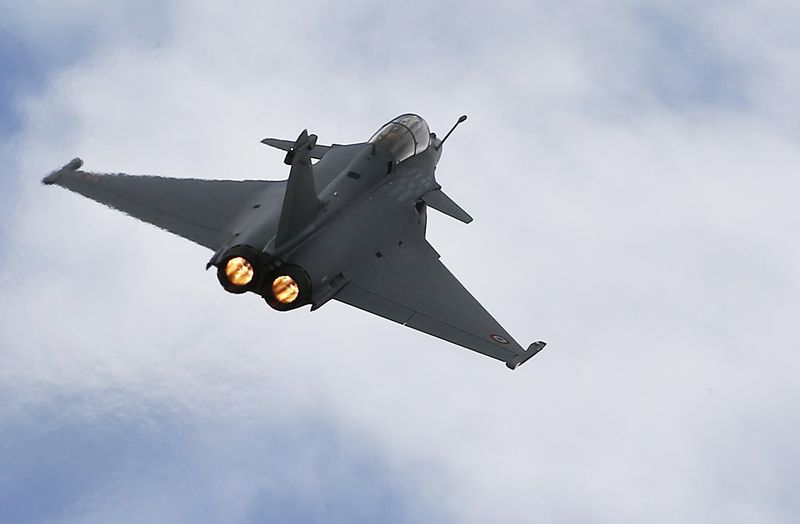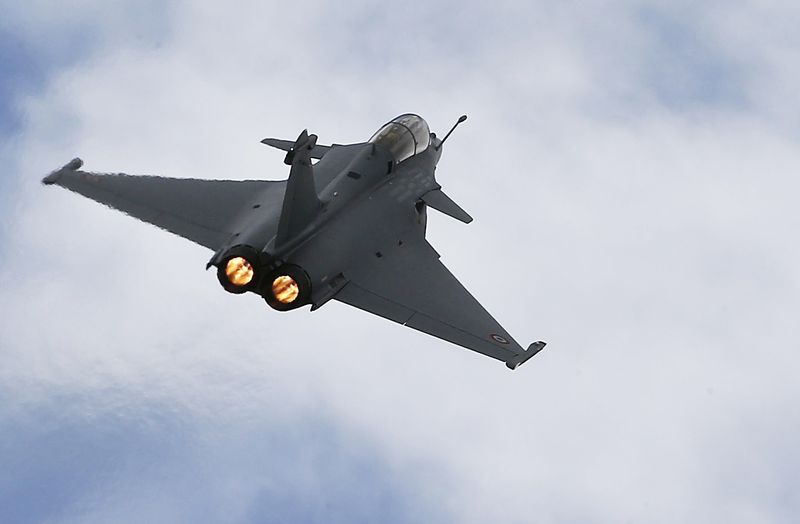
Investing.com — European defence spending is set to increase as geopolitical tensions and trade uncertainty mount, but the growth boost likely to be modest, Goldman Sachs said in a note.
“Market participants have grown increasingly focused on a potential EU fiscal policy response via higher defence spending,” analyst said.
Defence budgets have already risen since the Ukraine invasion but remain below NATO’s 2% of GDP target in several member states. Potential funding options include national fiscal deficits, repurposing Next (LON:NXT) Generation EU funds, or creating a multilateral defence funding facility.
The most likely approach involves a mix of national deficits and the European fund, but early implementation faces hurdles, including political uncertainty in Germany, France, and EU institutional approval. Any significant changes are unlikely before 2025, Goldman noted.
Raising defence spending to 2.25% of GDP or 2.5% by 2026 would increase the structural deficit by 0.3%-0.5% annually over the next three years, note added.
The economic impact is expected to be modest, with defence spending multipliers estimated at 0.6 due to high import and short-lived effects compared to investment.
Goldman estimates the fiscal impulse from higher defence spending would add not much significant annual growth until 2027, up to 0.2 percentage points.
A larger boost could occur if spending leads to reduced foreign input dependence and an expansion of Europe’s defence industry.

